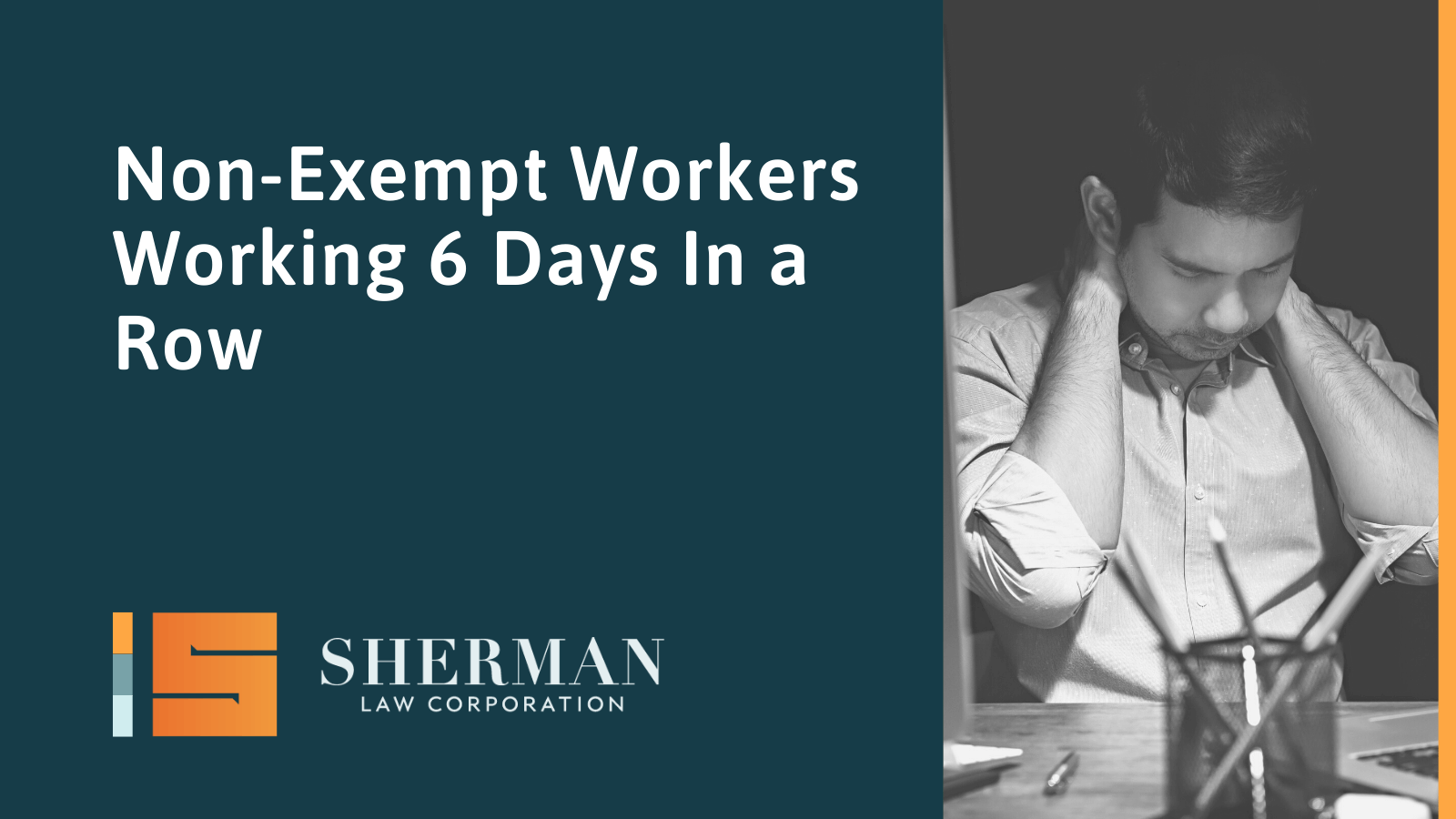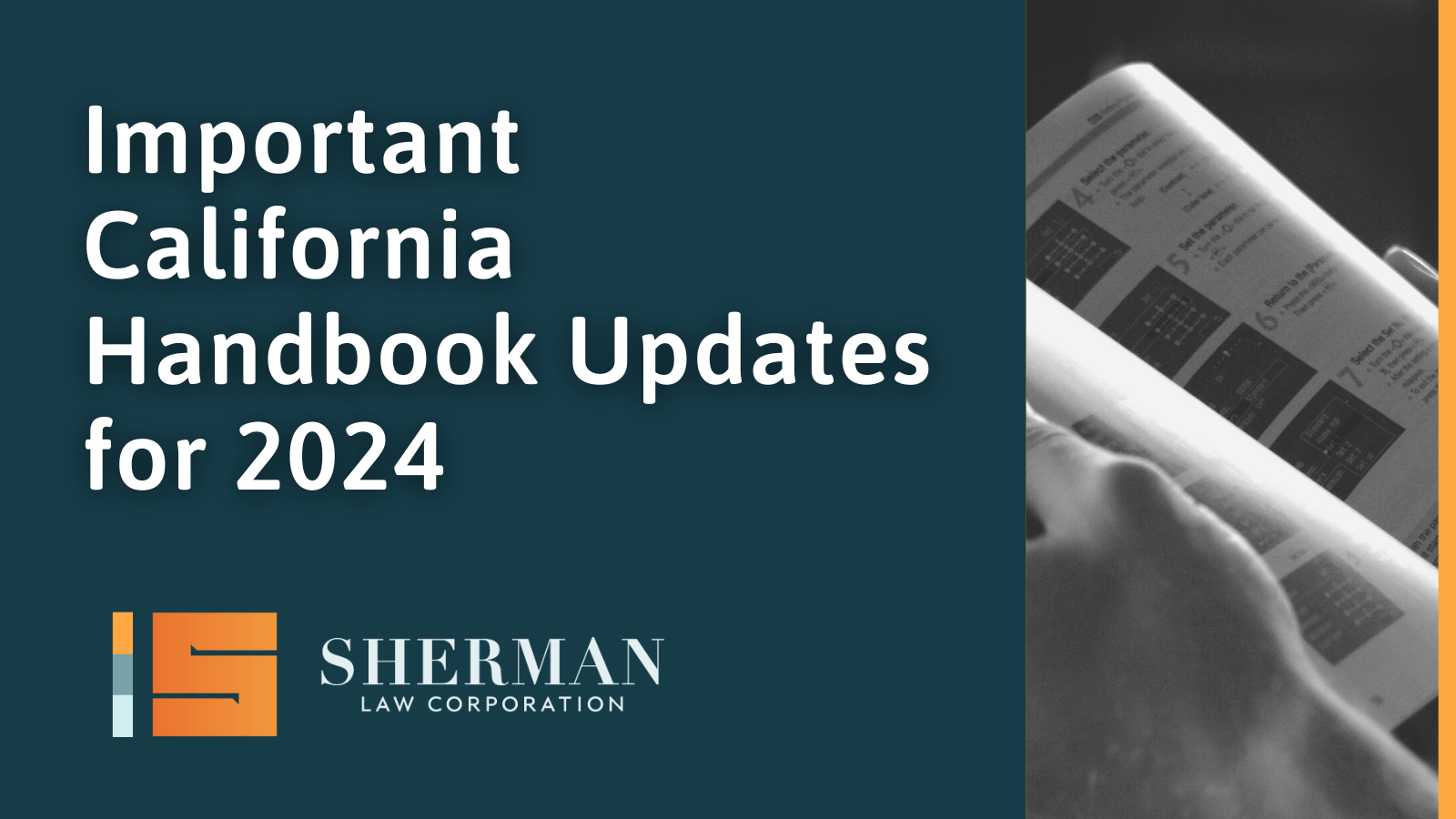
Non-Exempt Workers Working 6 Days In a Row:
Interpreting an 1893 statute on what defines a workweek, the California Supreme Court appeared inclined to agree with Nordstrom’s at oral argument on whether employees may work up to 12 consecutive days and need not take a day off following six days of work. The case, Mendoza/Gordon v. Nordstroms, Inc., emanated from two retail workers suing under the state’s Private Attorneys’ General Act (“PAGA”), in which a plaintiff acts on behalf of the state attorney general to collect civil penalties for Labor Code violations with the state recovering 75% of any penalties (and the attorneys’ recovering all of their attorneys’ fees for prosecuting the action).
The high court must interpret Cal. Labor Code §551 that states “Employees are entitled to one day’s rest therefrom in seven.” During a bench trial, U.S. District Judge Cormac Carney rejected plaintiff employees’ claim that Nordstrom violated Labor Code §551 by compelling thousands of its California-based Nordstrom employees to work seven straight days in a row. The California Supreme Court justices appeared to agree with Judge Carney that the statute and evidence did not show that the employees were compelled to work seven straight days in a row. While counsel countered that the power dynamics of a retail workplace raises the question of what constitutes real choice, whether an employee was coerced not to take a day off was not present in this case. Although no decision has been rendered, the most telling comment by one of the justices is best summed up by his statement, “working an extra day at Nordstrom is hardly driving yourself into the ground.”
California Employer Take-Away:
Obtain a signed acknowledgment by all non-exempt employees that is carefully crafted. It should:
- Set forth the law in simple language;
- Set forth the Company’s expectations (i.e., working seven consecutive days in a row may arise on occasion, depending on the needs of the business, etc.);
- Set forth the non-discriminatory manner, method and criteria by which the Company meets these needs (i.e., offering seventh day work);
- Set forth the employee’s understanding that by signing below, s/he would like to be considered if such opportunities arise, that her decision to accept any such offer is voluntary, that she has the right to revoke in writing;
- Set forth compensation for seventh day work under the applicable wage order;
- Put the burden on the employee to report any issues involving this policy.
In the case of Nordstrom employees, it appears that the retail employees wanted to earn extra income such that they were vying for the extra work. Consider the more likely scenario where the company needs a few non-exempt employees to work seven consecutive days and no one wants to do it. If the selected non-exempt employees have, for example, claimed harassment or complained of violation of state law, they will claim that they were retaliated against and further harassed by being required to work the seventh day. A carefully crafted acknowledgement will better protect a California employer in these situations.
Questions? For more information on non-exempt employees working 6 days in a row, contact Lisa Sherman at lisa@sherm-law.com or (323) 488-2087.
| Related Links:
Can an Employer Legally Deduct Breakage From a Non-Exempt Employee’s Compensation?? |




